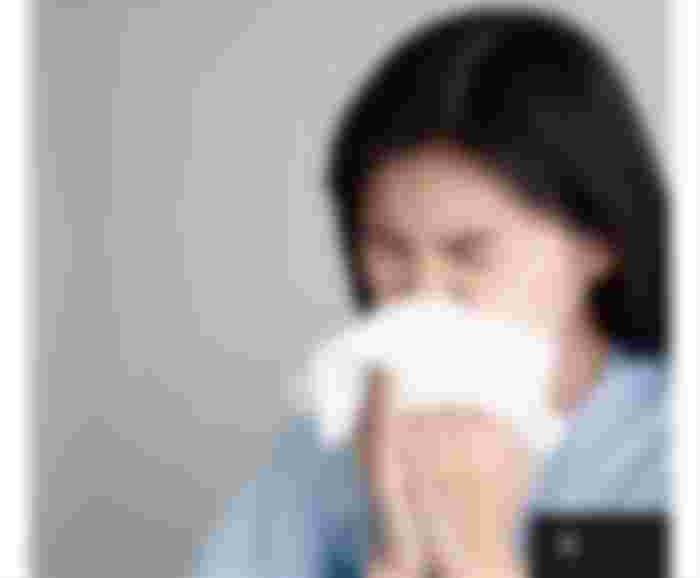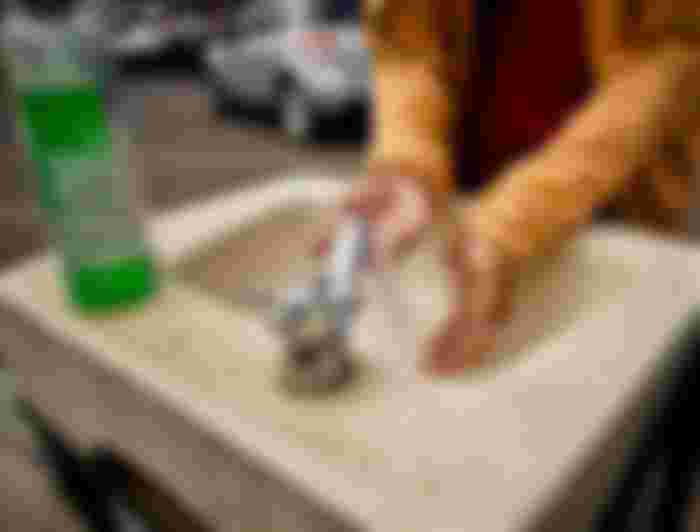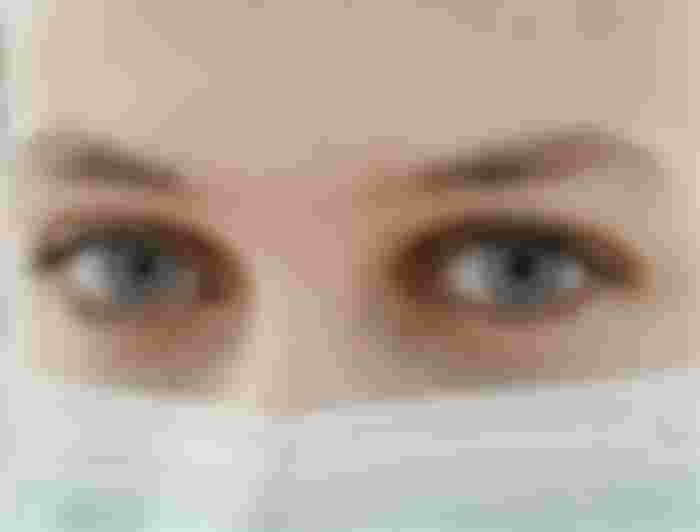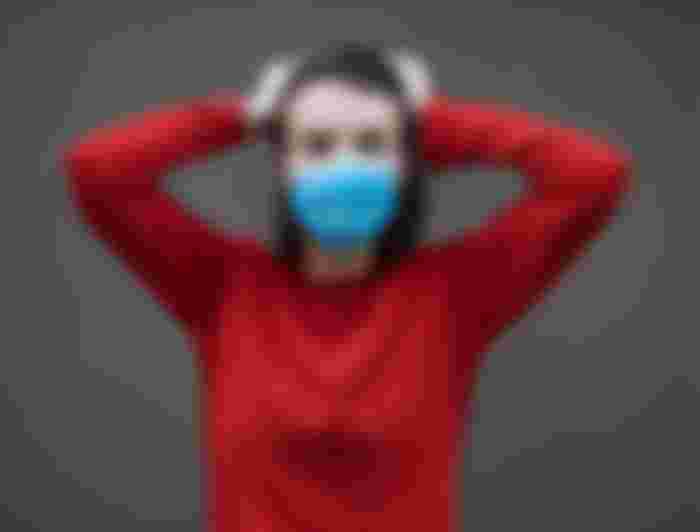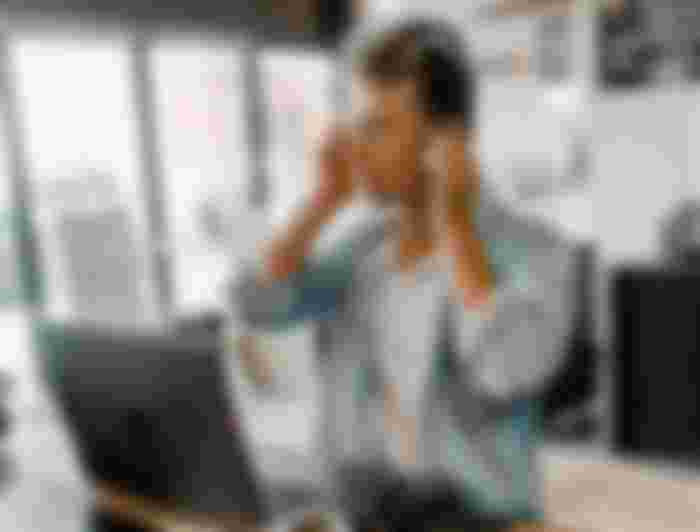Seven simple steps to protect yourself and others against COVID-19
March 12, 2020
Coronavirus disease (COVID-19) is an infectious disease caused by a new coronavirus. Most people who are infected will experience chronic symptoms and will be cured. But others may experience serious illnesses, especially in the elderly and those with previous illnesses. Here are some simple steps you can take to protect the health of yourself and others.

These tips can be followed by everyone, but they are very important if you live in a COVID-19 area.
1. Wash your hands often
Practice hand-washing thoroughly with hand sanitizer with alcohol or washing with soap and water.
Why? We always use our hands to handle things that may be contaminated. We may not even realize that we have our face covered, the virus transferred to our eyes, nose and mouth and we are infected. Viruses that may be in your contaminated hands, including the new coronavirus, die by washing your hands with soap and water or using hand sanitizer with alcohol.
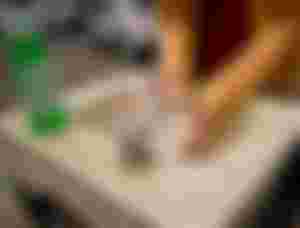
2. Avoid touching your eyes, nose and mouth
We often hold our hand unknowingly. Be careful about it, and avoid touching your eyes, nose and mouth.
Why? There is a lot of hands holding and it can get viruses. When the hands are contaminated, the virus is transmitted to the eyes, nose and mouth and can enter the body and cause illness.
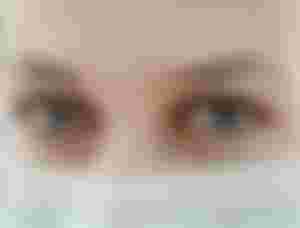
3. Cover your cough and sneeze
Make sure you, and the people around you, and follow proper respiratory hygiene. This means covering the mouth and nose with the inside of the elbow or tissue when coughing or sneezing. Immediately throw the used tissue in the lid and wash your hands.
Why? If a person coughs or sneezes, the small droplet from the nose and mouth can get infected. By covering your cough or infection, it is possible to prevent the spread of viruses and germs to others. By using the inside of the elbow or tissue - and not your hand - to cough or sneeze, avoiding moving the contaminated droplet to your hand. Consequently, the virus is prevented from transmitting to the person or object.

4. Avoid humane areas and close contact with people with fever or cough
Avoid overcrowded areas, especially when you are 60 or older with diseases such as high blood pressure, diabetes, heart and lung disease or cancer. Keep at least 1 meter distance from you and anyone with a fever or cough.
Why? COVID-19 is primarily transmitted through a droplet that exits the mouth or nose when a person coughs or sneezes. By avoiding human places, you distance yourself (at least 1 meter) from people who may have COVID-19 or anyone else with the disease.

5. Stay home if you are sick
Stay home if you have pain, even cold and cough.
Why? By staying indoors and not going to work or anywhere else, you will recover faster and avoid spreading the disease to other people.

6. If you have fever, cough and difficulty breathing, consult right away - but call the health facility first
If you have fever, cough and difficulty breathing, consult ahead of time - if possible, call the hospital or health center first to tell you where you are going.
Why? This will help to ensure that the advice you receive is right, that you will be taught the right health facility, and that you will avoid infecting others.

7. Get information from trusted authorities
Find out the latest information on COVID-19 from trusted artists. Make sure the information is from reliable speakers - the Department of Health, the World Health Organization (WHO), or your local health worker. Everyone should be aware of the symptoms - most times COVID-19 starts with fever and a dry cough
